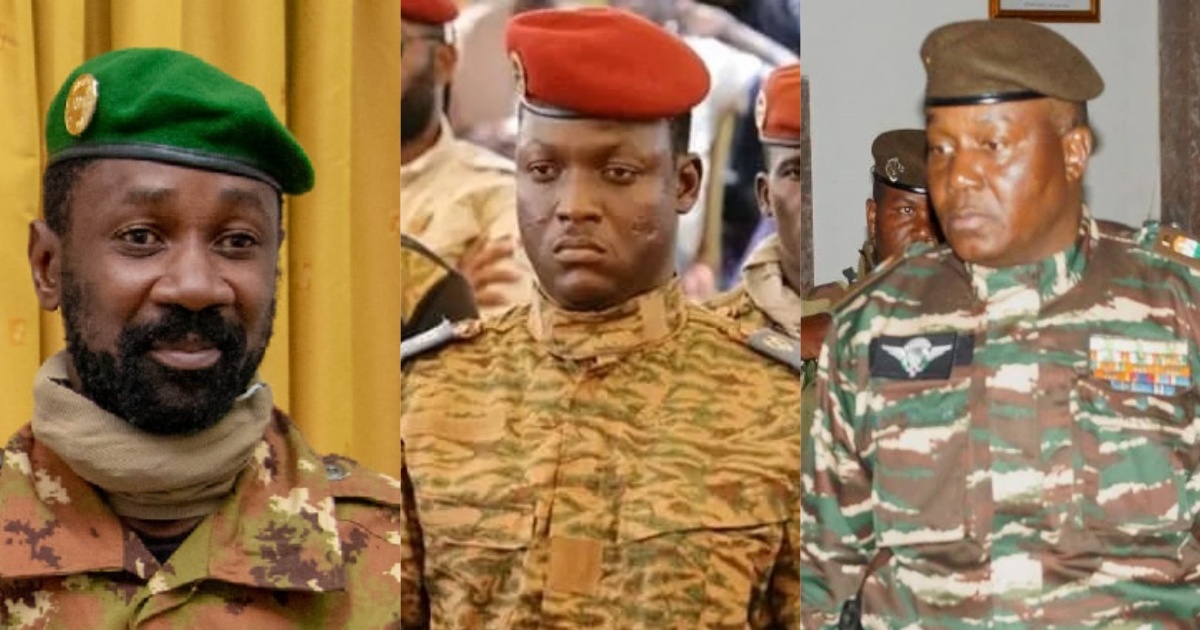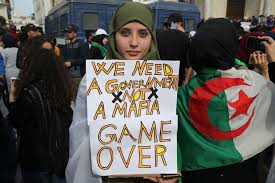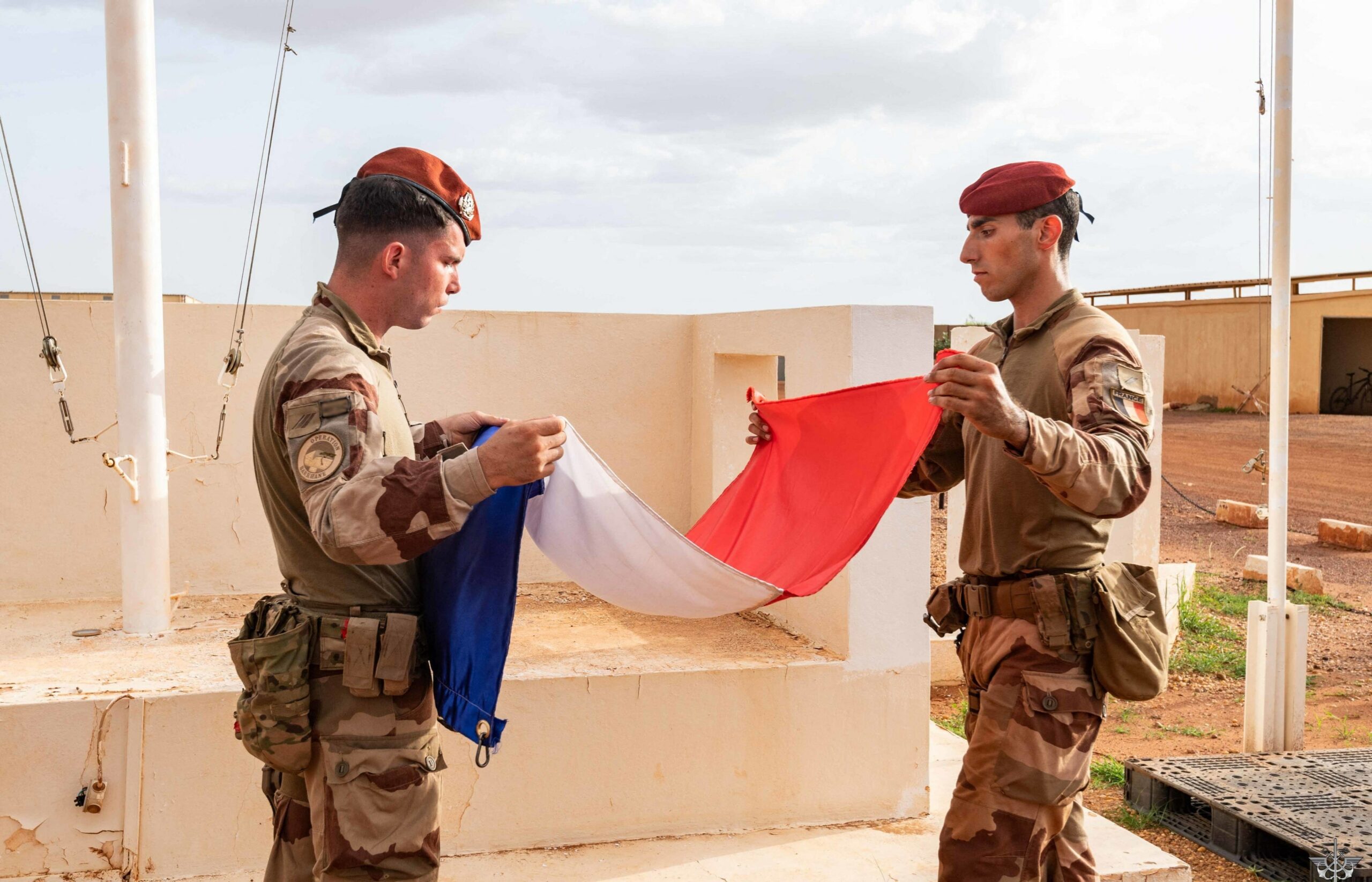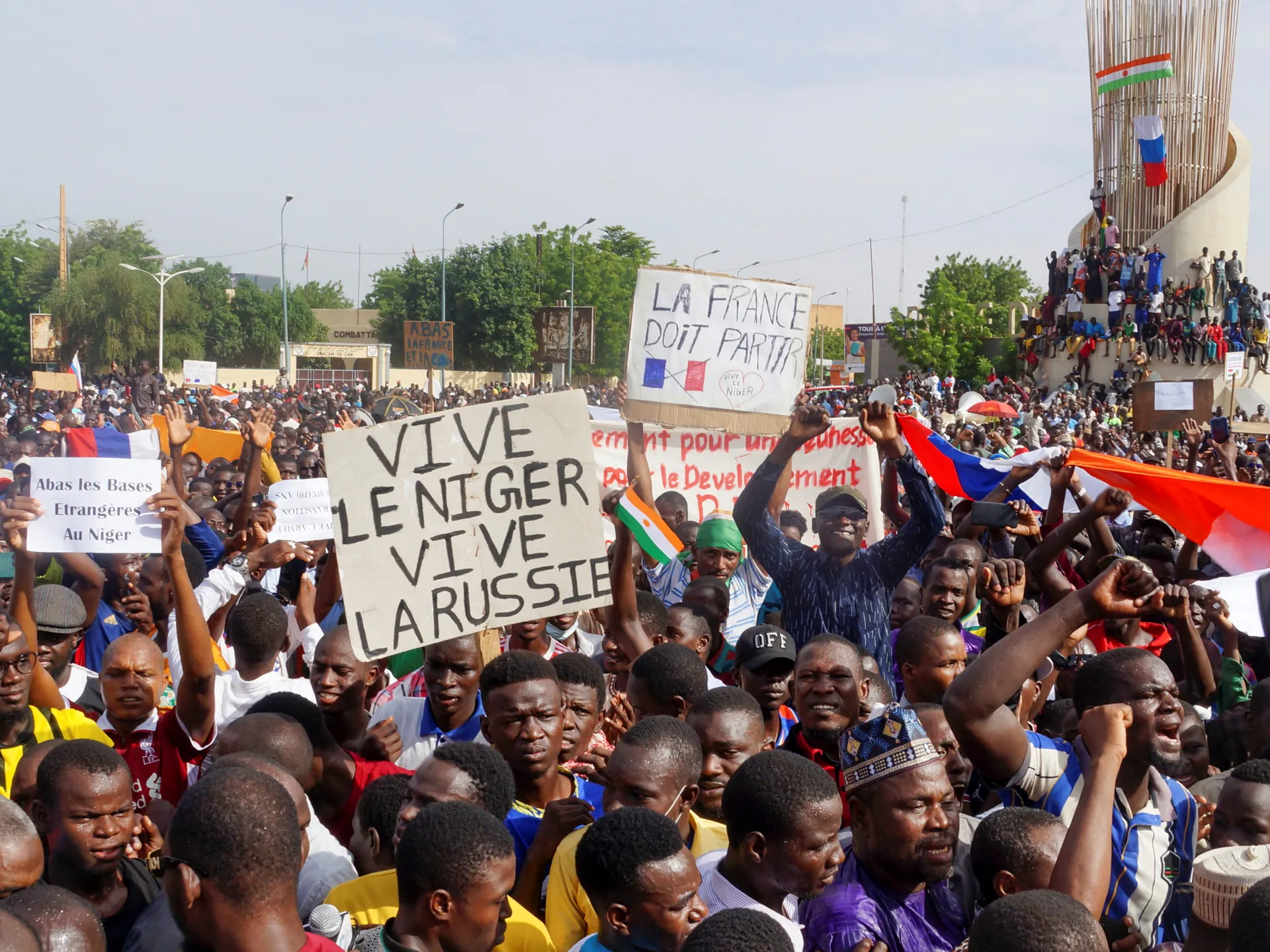The parliament in Burkina Faso authorized Tuesday September 19 plans by the transitional leader Captain Ibrahim Traore to send troops to neighboring Niger facing a looming foreign military intervention to restore deposed leader Mohamed Bazoum.
All the 71 lawmakers voted in favor of the proposal. The contingent will have a three-month renewable mandate starting from date of deployment or the beginning of regional bloc Economic Community of West African States (ECOWAS)’s intervention.
The parliament’s nod is the second after that of the cabinet in August which supported the deployment of a contingent to Niger “in line with our country’s strategic commitments.”
“Without warmongering, it must be noted that this commitment is made to prevent and in the best interest of our fight against terrorism, a deep aspiration of the Burkinabe people,” said Defense minister Col. Maj. Kassoum Coulibaly.
“What affects Niger’s security fundamentally affects the security of Burkina Faso,” he explained furthermore.
Niger is currently ruled by a junta which deposed west-backed Bazoum on July 26. The coup met the wrath of the ECOWAS and several countries including France.
The ECOWAS in August said it prepared standby troops for intervention in Niger to restore Bazoum.
The Junta-led Niger also granted permission to Burkina Faso and Mali to intercede on their side “in the event of aggression,” following threats of military intervention by ECOWAS.
Late last week, the three countries signed a mutual defense pact establishing an Alliance of Sahel States (AES) that will allow them to cooperate against threats of armed rebellion or external aggression.
The AES was established by the Liptako-Gourma Charter, in reference to a region, where the Mali, Burkina Faso, and Niger borders meet. According to the Charter, “any attack on the sovereignty and territorial integrity of one or more contracting parties will be considered an aggression against the other parties.” The Charter also binds the three countries to work to prevent or settle armed rebellions.



